POV: You’re woken up, except, not by an alarm, but a too-bright sun peeking through the curtains. You pull your face off your pillow, wait, not a pillow, a laptop keyboard, and on your screen is a 20-page, cheek-typed .doc of gibberish. You’re cranky, have a crick in your neck and your final is in 15 minutes.
If this sounds like a familiar scene, it’s because 60% of university students report pulling at least one all-nighter since starting college!
THE SCIENCE OF SLEEP
Researchers found that after 24 hours of sleep deprivation, a person’s mental performance is equivalent to that of someone who has a blood alcohol content (BAC) of 0.10%, well over even the highest legal limit for driving in the United States (0.08%).
Though we like to equip you Betties with preventative guidance before you find yourself in the post-nocturnal slump, we also understand burning the midnight oil might be inevitable!
For those all-nighters that can’t be helped, we’re here with six tips for your day-after recovery plan, plus, how to prep next time, with your sleep hygiene in mind.
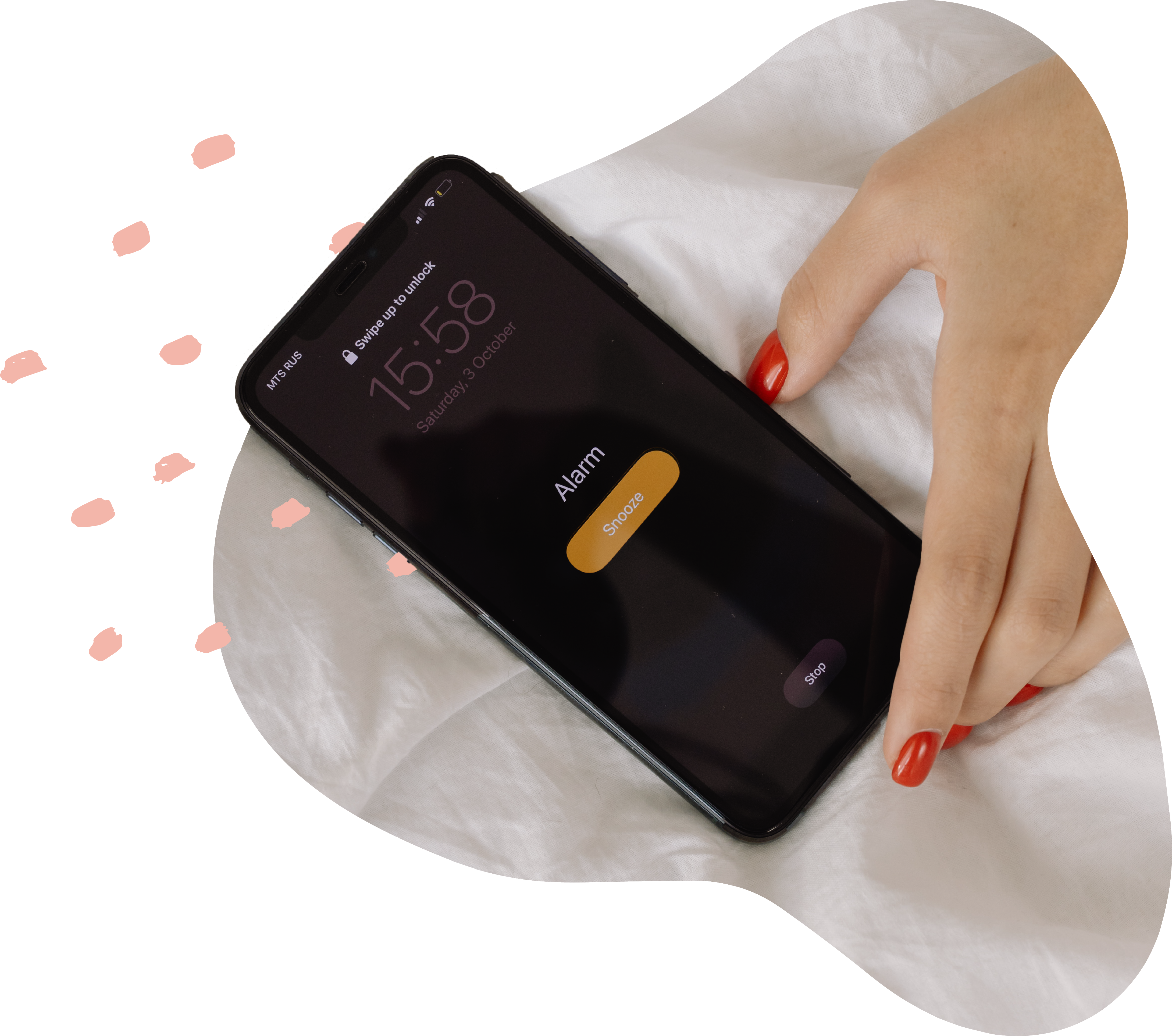
1.
Skip the Snooze Button
It’s the first thing your body wants and the last thing it needs. Curb the “five more minutes” urge, Betties! Here’s why: your body’s normal sleep cycle impacts hormones and chemical releases in your body. By interrupting its norm, you throw off these bodily processes, leaving you more tired and groggy and making it harder to concentrate.
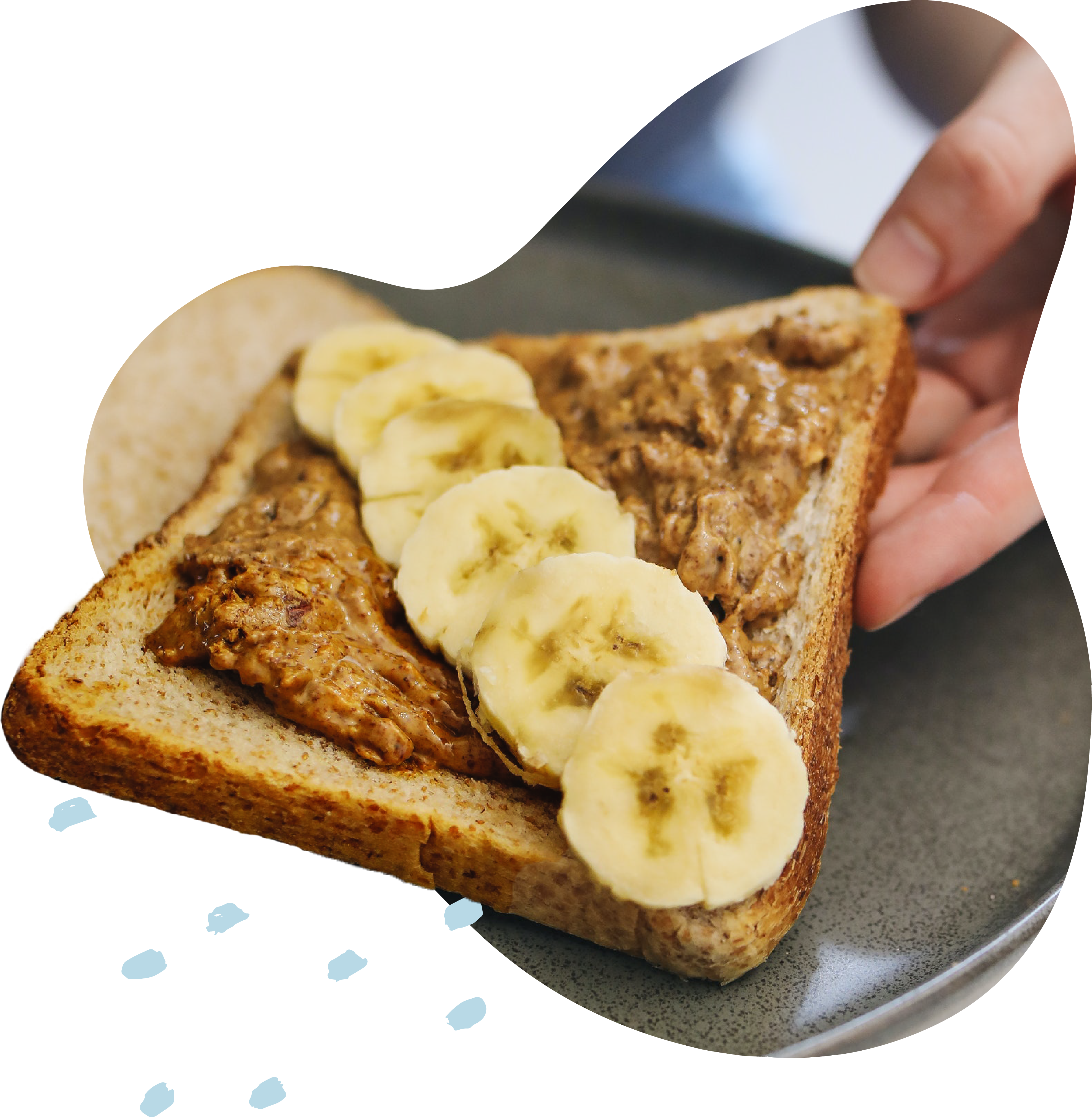
2.
Eat a Hearty Breakfast
Once you’re out of bed (round of applause, because that’s no small task!), start by adding some fuel to the tank. Look for a nutrient-packed breakfast full of protein, whole-grain carbohydrates, and fiber.
Kitchen-access? Whip up some bacon and eggs with a piece of jelly whole-grain toast.
Need a grab-n-go option? Reach for an apple + trail mix or a combo of hummus + cucumber + whole-grain crackers.
These food combos work together to help get your body back on the right track.

3.
Lay Off the Caffeine
Seems counterintuitive, right? You = exhausted, caffeine = energy. What gives?! The truth is, caffeine dehydrates your body. Once that initial jolt of energy wears off, you’ll be left feeling MORE sluggish. Using caffeine as a substitute for sleep will not provide the alertness and decision-making ability that a full night of ZZZ’s will.
4.
Lay the H20 on Thick
Coffee mugs down, water bottles up. H20 is critical for brain functioning and your sleep hangover is your body’s way of signaling its need to be replenished!
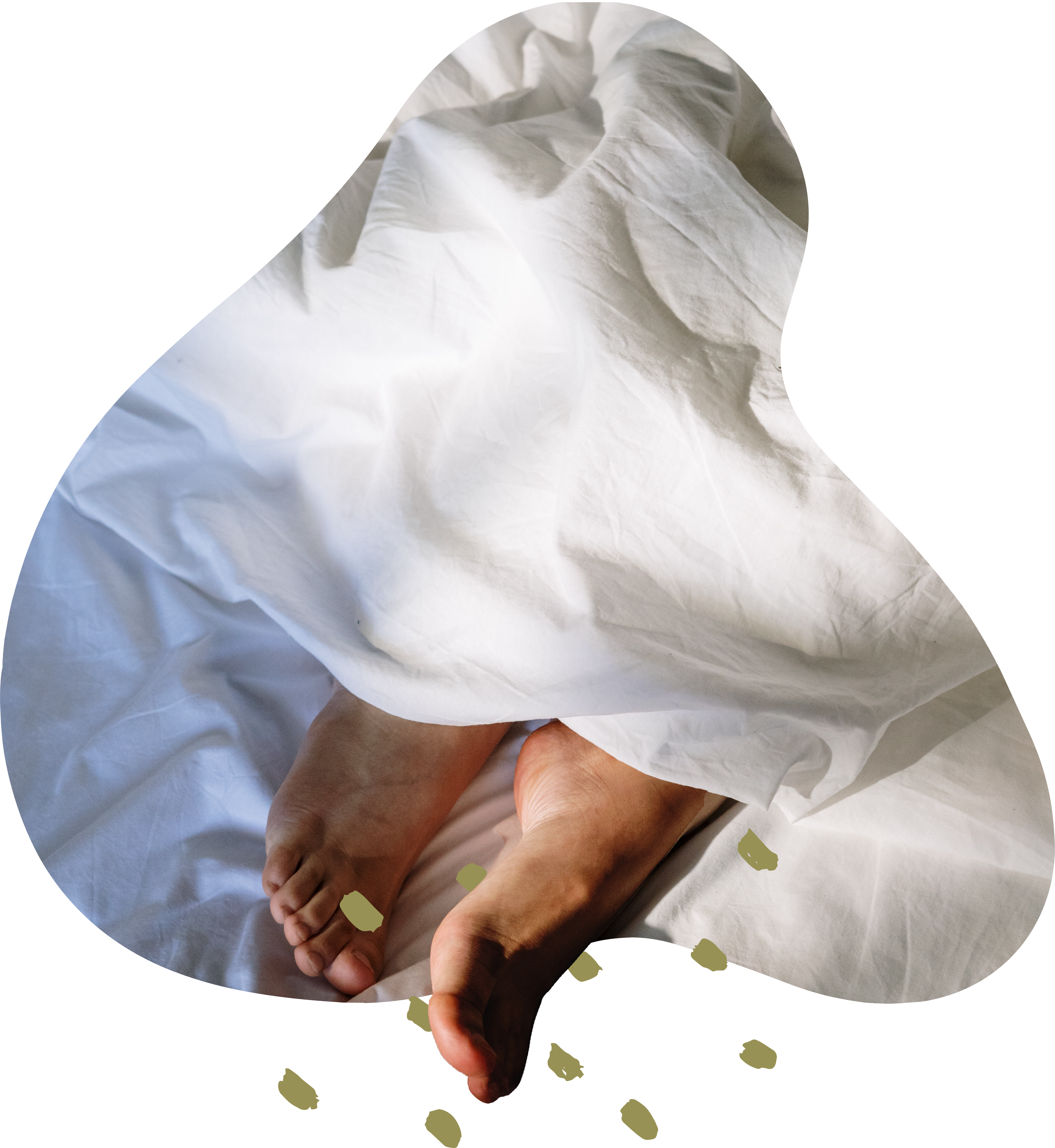
5.
Take a Quick, Power Nap
Quick being the operative word here, Betties. A brief period of actual sleep (not just peace and quiet, hittin’-Netflix-on-the-couch) can help you recover from fatigue and restore alertness. The CDC recommends you aim for somewhere in the 15–30-minute range, so set yourself a phone alarm. Too long of a nap will make falling asleep at night difficult, confusing the body further and activating a vicious sleep cycle.
THE SCIENCE OF SLEEP
Why the 30-minute cap on a power nap?
The first two stages of sleep are short windows of light sleep – your body relaxes and slows down, but still allows for brainwaves, and eye movement.
After about 30 minutes, you slip into Stage 3, also known as delta sleep. Your body begins to enter your deepest sleep and is much more difficult to be woken up.

6.
Seek Out Fresh Air
You’ve been hunched over notes all night. Head outdoors for some physical activity — this could be a soccer game, a jog, a leisure walk around your neighborhood will do! Movement will increase your oxygen intake and the sunlight will help regulate your body’s natural circadian rhythm. Sounds like a win-win to us!
Betties, don’t use recovery tips as a replacement for regular adequate sleep at night.
The very periodic all-nighter won’t wreak serious havoc on your long-term health, just make sure they don’t become a habit! Get in front of your next final by creating a game plan that works for, not against, your whole self. Here’s how to pull the Anti-All-Nighter:
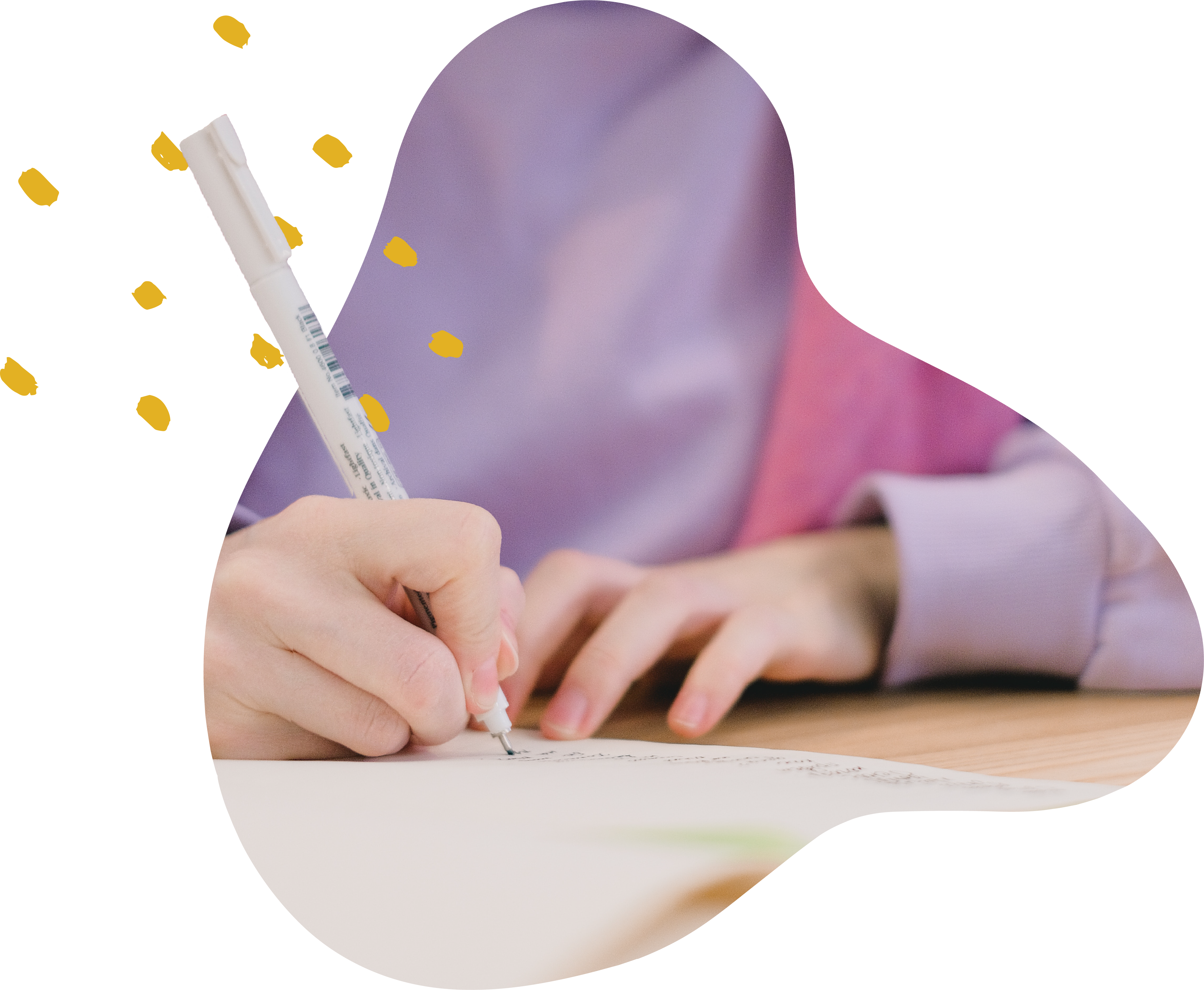
1.
Plan Ahead
Snack breaks, power naps, study sessions, walk-and-stretch breathers – block out your time and stick to it. Designating specific starts and stops will give structure and help you disconnect when it’s time to hit the hay.
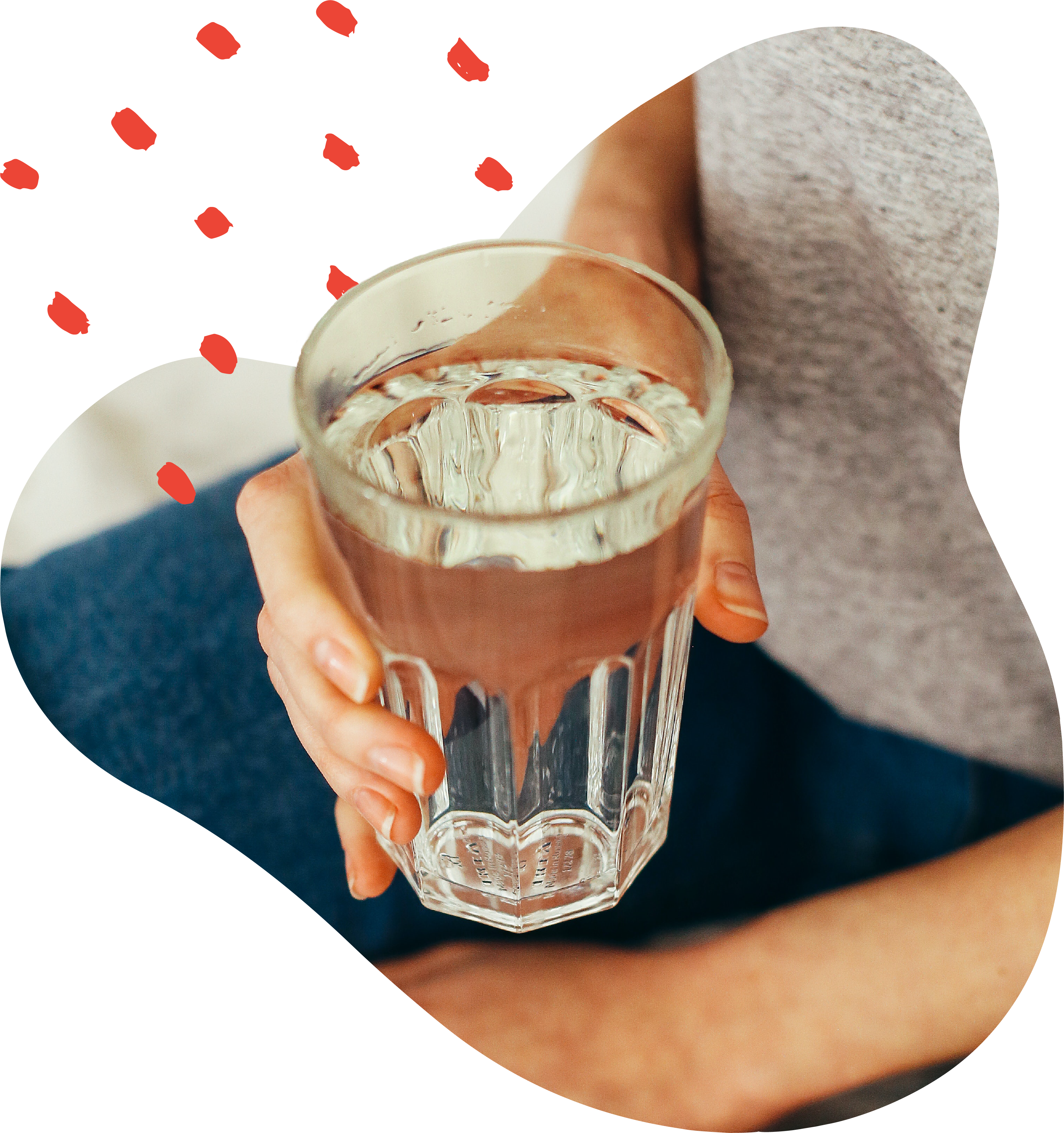
2.
Keep Chugging
A tip so good we had to say it twice. 😉
Limit your caffeine intake and be sure to drink ~plenty~ of water throughout your study sesh.
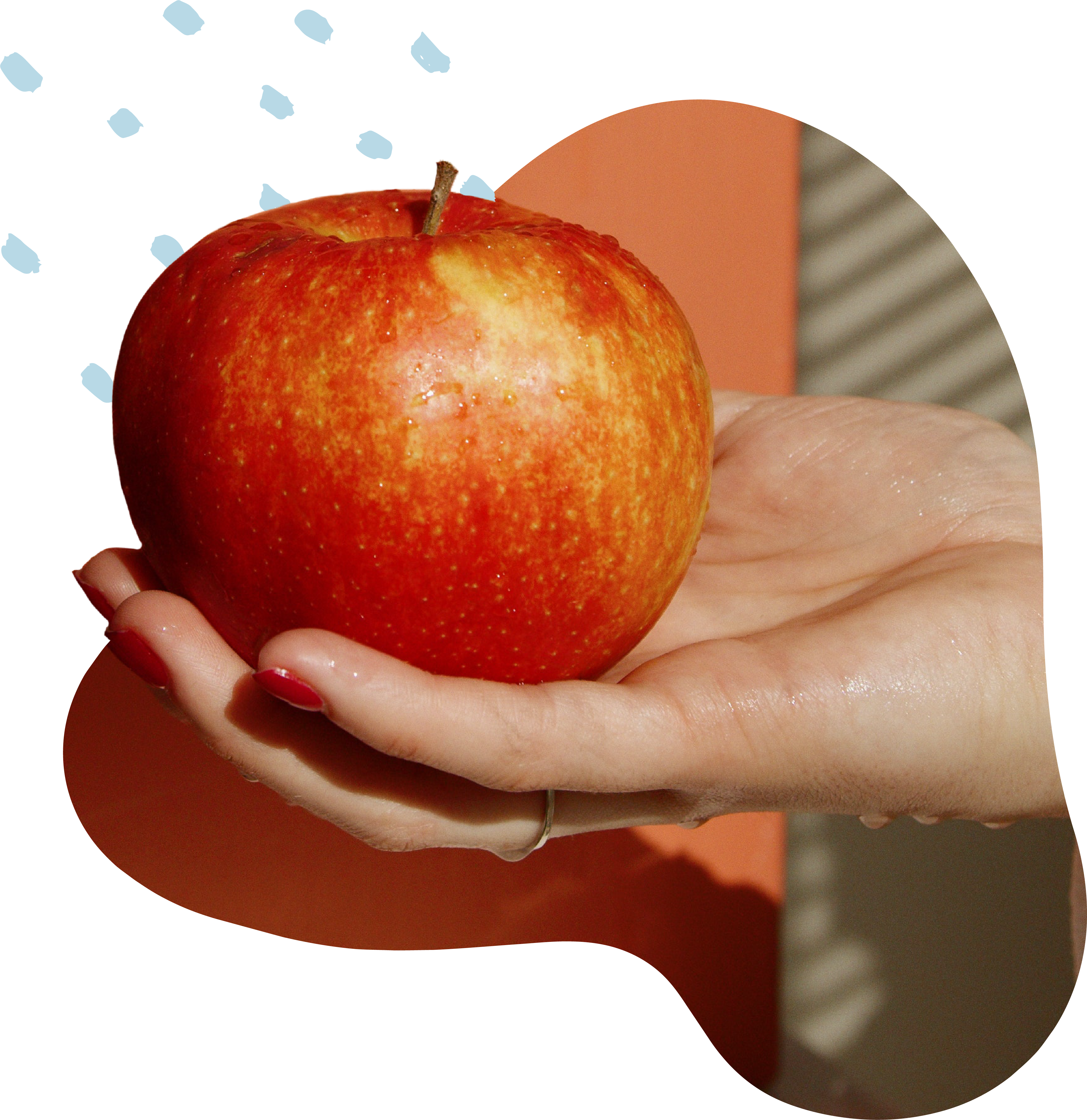
3.
Stock Snacks
Your brain and body will thank you for protein-rich and fat-based snacks, like hummus, nuts, fruits, and yogurt. Pairing foods may also increase your focus, such as fruit with protein (think: apples + peanut butter or walnuts + dried cranberries). Avoid sweets, which will increase your blood sugar, causing you to crash, feel sluggish and blehhh.

4.
Think Sunny
Pitch your study camp in a well-lit area with plenty of room to get up, stretch and move around. Try for a space with natural light, near windows if possible. Artificial light can suppress the production of melatonin (the hormone that regulates sleep), delaying the body’s response that lets you know it’s time for bed.
Betties, juggling school and sleep can be a challenge.
If you need a hand at managing, book a Healthy Living appointment!
Our wellness expert will listen to what you need, examine your routine, and help you adjust with recommendations for optimal wellness.


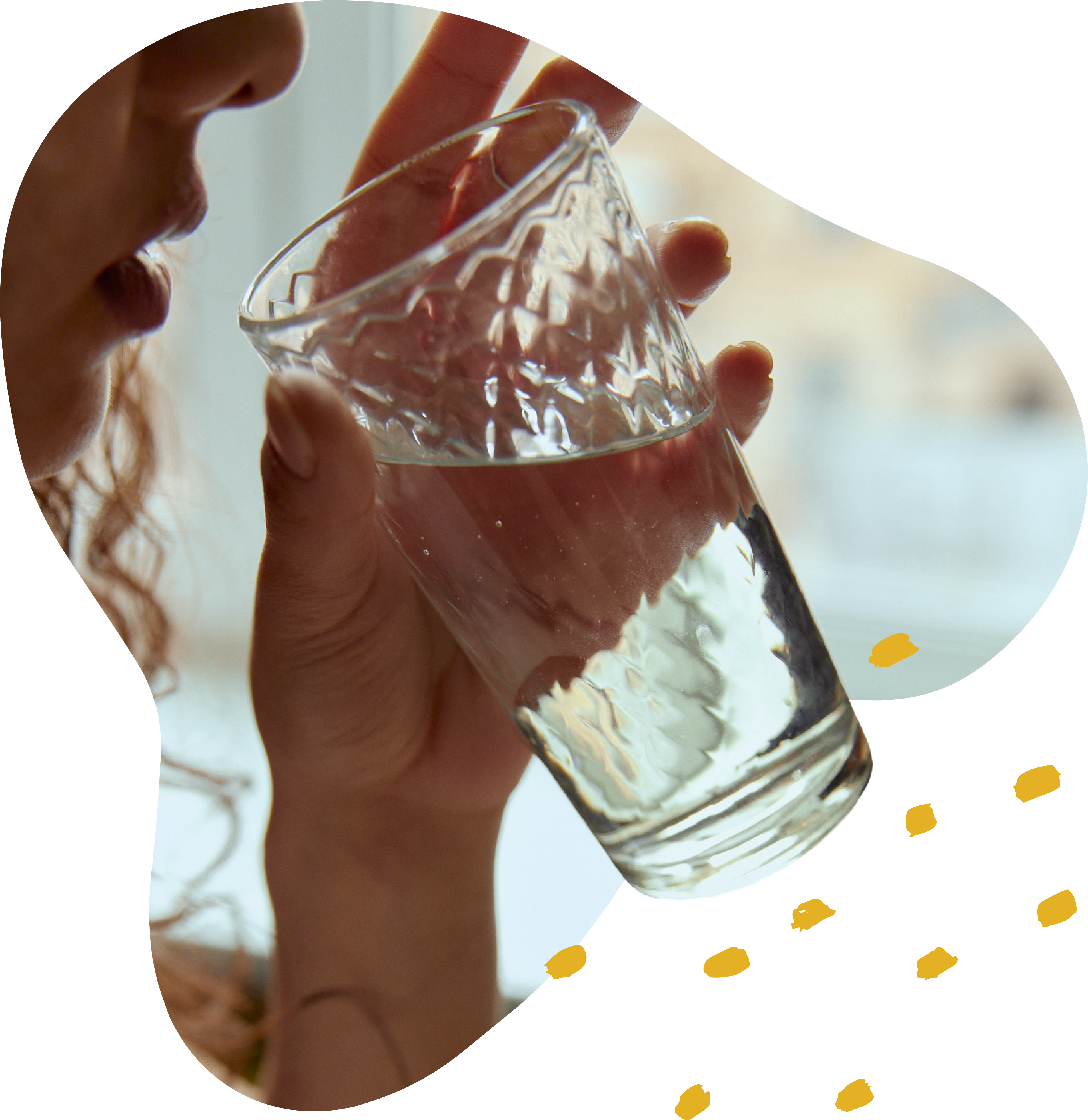
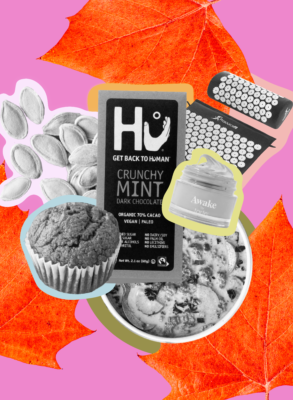




Join the conversation